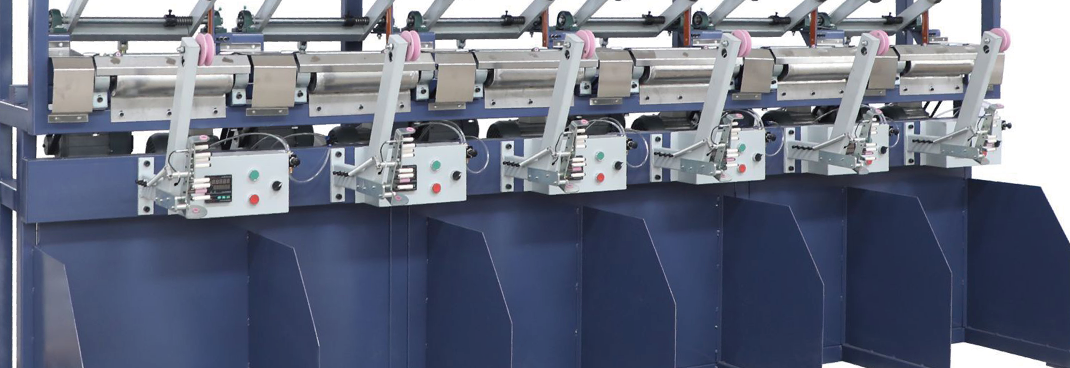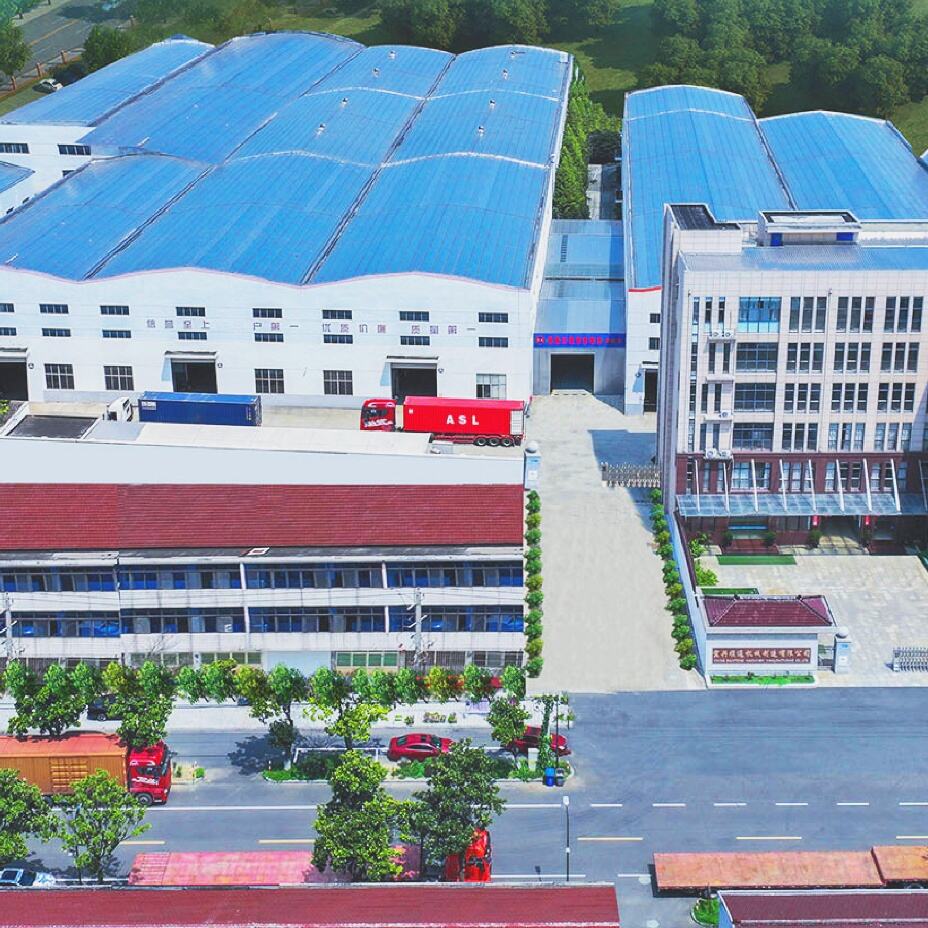Application Areas of the Iwheel Winder
The Iwheel Winder finds its core application in traditional wire and cable manufacturing, serving as a pivotal piece of equipment for mass-producing common wire types. This includes power cables for residential and industrial wiring, connecting wires for home appliances (such as refrigerators and washing machines), and low-voltage control wires for mechanical equipment. Unlike generic winders, it excels at adapting to different wire materials—from copper and aluminum to alloy conductors—and supports variable wire gauges (typically 0.5mm to 10mm). Its automated tension control ensures uniform winding tightness, reducing wire tangling and material waste during production. For mid-to-large-scale wire factories, this translates to smoother assembly line operations and consistent output quality, making it a staple for meeting daily production quotas.
A key growth application area for the Iwheel Winder lies in new energy and automotive sectors, where demand for high-performance wire processing is surging. In new energy vehicles (NEVs), it is used to wind battery cables and motor control wires—components that require precise length calibration and damage-free handling to ensure safe power transmission. It also caters to the solar and wind energy industries, processing photovoltaic (PV) module wires and wind turbine internal cables, which need to withstand harsh environmental conditions (e.g., high temperatures, corrosion). The Iwheel Winder’s ability to handle flexible, high-temperature-resistant wires (like Teflon-insulated wires) and maintain low error rates (≤0.3% in length accuracy) aligns with the strict quality standards of these sectors.
The Iwheel Winder also addresses the needs of consumer electronics and small-to-medium enterprises (SMEs) in regional manufacturing clusters. For consumer electronics manufacturers producing smartphones, laptops, or wearable devices, it winds ultra-thin single-bundle wires (as thin as 0.1mm) used in internal circuits—its gentle winding mechanism prevents wire breakage, a critical issue for delicate electronics components. For SMEs, especially those in emerging manufacturing hubs (e.g., Southeast Asia, South America), its compact design saves workshop space, and its user-friendly interface reduces training costs for operators. Additionally, it supports small-batch, multi-variety production (e.g., switching between USB cables and headphone wires), making it ideal for SMEs that handle diverse, short-run orders.

